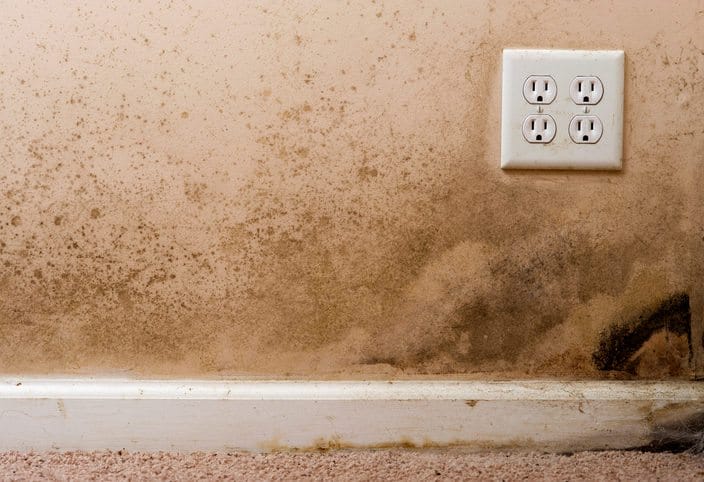 Kaléo's auto-injector for infants, small children.
Kaléo's auto-injector for infants, small children. Auto-injector maker Kaléo developed the new device, called Auvi-Q 0.1 mg, which is expected to be available in the first half of 2018. The device has a smaller dose of epinephrine and the needle length is shorter than the 0.15 mg and 0.3 mg auto-injectors for children and adults that are already on the market.
The company developed the Auvi-Q 0.1 mg auto-injector “with a shorter needle length to help mitigate the risk of striking bone which could potentially cause injury or interfere with the delivery of epinephrine,” said Dr. Eric Edwards, vice president of Innovation and Research & Development at Kaléo, in a press release issued November 20.
A study published in Allergy, Asthma & Clinical Immunology found that 43 percent of children weighing 16.5 to 33 pounds treated with a 0.15 auto-injector with a 12.7 millimeters needle length were at risk of having the needle hit the bone. The team behind that research had urged the development of an infant epinephrine auto-injector, and when Kaléo came forward with an infant device, the FDA fast-tracked its review.
“This is really an important breakthrough for pediatric allergists and for families of patients who are infants,” Dr. Vivian Hernandez-Trujillo, a pediatric allergist in Florida, told Allergic Living. “We now have an auto-injector with the right dose and needle size for small children. I hope it alleviates any concerns around hitting the bone or injecting too much epinephrine.”
The new device includes the unique voice-guided instructions, which Kaléo also employs with its two other Auvi-Q devices, as well as a needle that retracts after the epinephrine is administered. The needle length is considerably shorter than the standard auto-injector, measuring 7.4 mm instead of 12.7 mm (about half an inch). It will be sold as a pack of two plus a trainer auto-injector.
“I think this is an exciting time for families with infants and for pediatric allergists because this is an opportunity for patients to receive the treatment they deserve,” Hernandez-Trujillo said.
“We are pleased that the pediatric allergy healthcare community and parents of infants and small children with life-threatening allergies will have the ability to obtain an FDA-approved epinephrine auto-injector in the event of an allergic emergency,” said Eleanor Garrow-Holding, president of the Food Allergy & Anaphylaxis Connection Team (FAACT).





